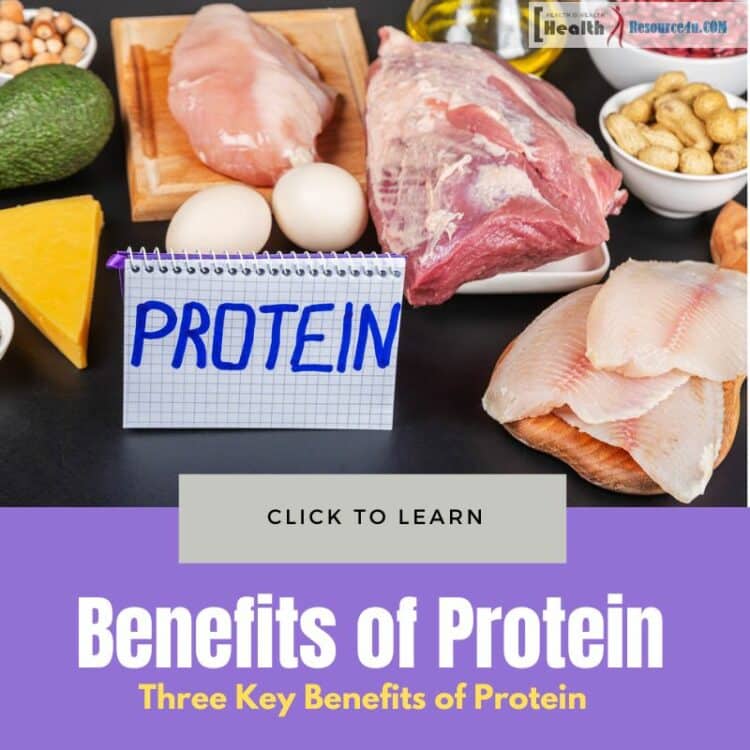Protein is essential for every single person, every single day. Protein becomes even more important the more active we are, and while most people know that it’s important, often we don’t understand why. As we approach/mark International Protein Day on February 27, let’s take a look at its vital role in our health and athletic performance.
What is Protein?
Table of Contents
Proteins are made up of amino acids, both of which are the main building blocks of our muscles, bones, skin, tissues and organs. When we consume protein, our body breaks it down into individual amino acids and then uses them to create new proteins throughout the body. It’s essential to consume an adequate amount of protein, otherwise the body will have to break down muscle to obtain the amino acids that it needs in order to function.
The Three Main Benefits of Protein
Benefit #1 – Protein Helps You Feel Full for Longer
One of the main issues for people trying to lose weight and for athletes burning a significant number of calories is that they’re constantly hungry. This is where consuming protein can be especially beneficial because it helps you feel full for a longer period of time, compared to carbohydrates or fat. And, if you’re trying to cut back on unhealthy snacks, look for options that are higher in protein.
Benefit #2 – Protein Supports Your Metabolism
Protein can also help increase metabolism (the body’s process of converting food and drink into energy) which can help burn calories more efficiently and is important for anyone trying to change their body composition. Protein, when consumed throughout the day, can also help you maintain your muscle mass; having adequate muscle mass is also essential in maintaining your metabolism.
Benefit #3 – Protein Helps Your Muscle Recovery and Growth
High-quality proteins contain all of the essential amino acids and are rich in branched-chain amino acids (BCAAs). Leucine, one of these BCAAs, plays a major role in promoting muscle growth and recovery after resistance and endurance exercise. These high-quality proteins exist in animal-based protein foods such as lean poultry, beef, fish, dairy, egg products and whole eggs. If you’re vegan or like an occasional vegan diet, there are plenty of plant-based proteins that are just as effective in promoting muscle growth and recovery like soy, pea, pumpkin seed, quinoa and flax seed.
How Much Protein Should You Consume and How Often?
Timing of protein intake is especially important for athletes or anyone trying to build muscle. Exercise stresses the muscles. Eating protein after a workout helps repair and rebuild muscle. You should aim to consume 20 to 40 grams of protein within 30 minutes after exercising. If you’re on the go, try a good quality protein shake that will meet your nutritional needs. The Herbalife V Plant-Based Protein Shake contains a unique combination of organic pea, pumpkin seed, and chia seed proteins- complementary sources of plant-protein that help satisfy hunger.
If you’re interested in finding out more about protein from Herbalife’s experts, check out the Wellness Resources on Herbalife.com.

